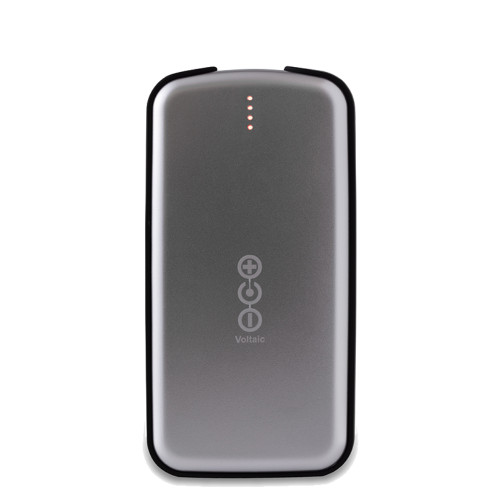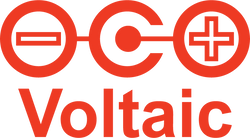
Solar Panels for Education & Research
Researchers, students and universities use Voltaic’s solar panels and battery packs to power a wide range of projects around environmental monitoring and engineering classwork.


Work We’ve Done
| Customer | Voltaic Components | Application |
|---|---|---|
| Scandinavian University | Test impact of deep water submersion (200, 500m simulation) on solar panel performance. | |
| Regional Zoo | Acoustic monitoring of birds in Costa Rica | |
| Multiple Hospitals | Power EKG monitoring device | |
| Canadian University | Power mobile air quality sensors | |
| US University |
|
Testing platform for a range of student solar-powered IoT projects |
| New York High School | Demonstration to monitor water level using Particle’s Monitor One | |
| US Universities (multiple) |
|
Provide continuous power for air quality monitoring projects including Sensirion and Purple Air based systems |
| US PhD Student |
|
Track locations of black-capped petrels in Dominican Republic |
We keep the names of our customers confidential to avoid sharing proprietary information with both current and potential clients.
How Voltaic Systems Can Help
- Have technical discussion to understand power requirements and propose simple solutions which may or may not use Voltaic products
- Model the solar energy available to your device in order to accurately size the solar panel
- Advise on ways to improve IoT system performance using experience from hundreds of commercial clients
Got a project that needs solar?
Voltaic designs and manufactures custom, high-quality solar power panels and mounting solutions.

Power Related Challenges in Education and Research
- Grid power is often not available and replacing or recharging batteries can be costly
- Power solutions need to be “plug and play” as field teams may have limited training
- Data capture must run continuously in an extremely wide range of operating conditions, including rain, snow, freezing cold, blistering heat, and 90 mph winds
Advantages to Adding Solar
- Enable placement of data collection devices in optimal locations
- Extend systems lifetime in the field, reducing time consuming trips to replace batteries
- Increase the frequency of data sampling and transmission
- Teach students how to manage for low power applications and learn about real-world solar performance

